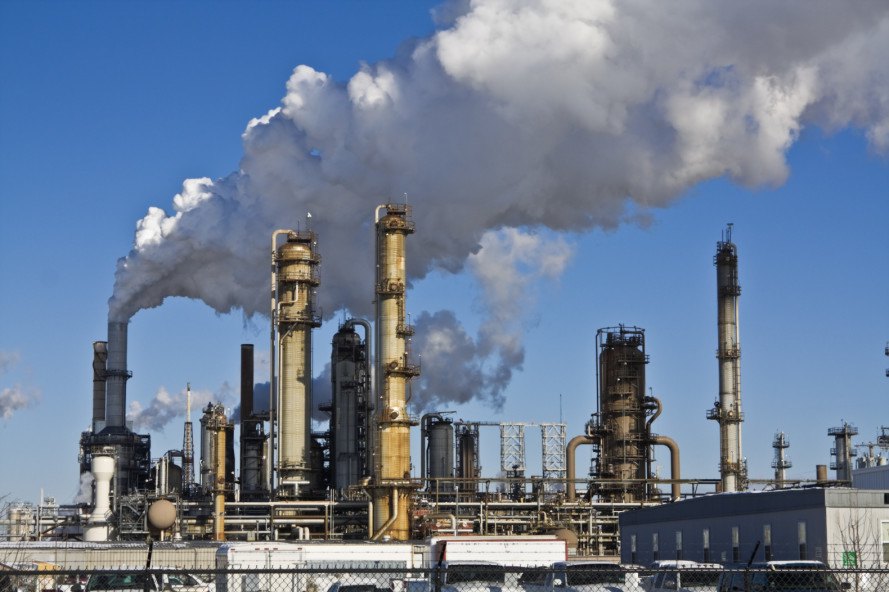
The Oil-Price Shocks of 1970s and 80s catalyzed the modern energy policy world over. This time yet again, with environmental concerns gaining prominence and change in geopolitical landscape, global energy space is experiencing a watershed moment. Earlier, the UN Framework Convention on Climate Change set a comprehensive, long-tenure objective to control greenhouse-gas emissions and the anthropogenic climate change; and with old players giving strong competition post their comeback in the market- the sector has been subject to tough, if not tumultuous, fluctuations. Additionally, for long, environmentalists had hoped a reversal in natural resource extraction activities, by switching to renewables- but given the surge of Shale oil, this was not to be.
Oil is no longer a scarce resource, never-mind the peak-oil conspiracy theories. The geopolitical battle is now focused on market share versus access to hydrocarbon resource. With Iran re-entering the oil market sometime back, steady growth of shale and also the renewables- the fine line between oil producers and consumers is fast disintegrating. Against this backdrop, new climate policy interventions and protocols have stirred insecurities in both demand and supply sides. Given the climate change target of 1.5 degree as per Paris agreement, which came into force in 2016, it risks several oil & gas resources to become ‘stranded assets’. No wonder then, both Saudi and Russia are producing to their full capacity, as oil price of one barrel is expected to escalate significantly in future versus present times.
Given Saudi Arabia, (OPEC), no longer holds sway over the market, which otherwise guaranteed an income stream for all producers, acted as a balancer for both high-cost and low-cost producers. However, technological advancements and geopolitical revolution, such as renewable technology, expansion in climate change control policy practice, horizontal drilling for shale extraction (enabling the US to cut down its costs and dependence), Saudi’s regional rival Iran back in the game and with Saudi’s spare capacity having reduced by more than half- the above scenario does not hold true any longer. This means, any change in Saudi-Iran-US-Russia relations, the oil-market will take a direct hit. Any escalation of regional rivalry or geopolitical tensions in relation to these players, coupled by stringent climate policies, will render the world an oil-price shock.
